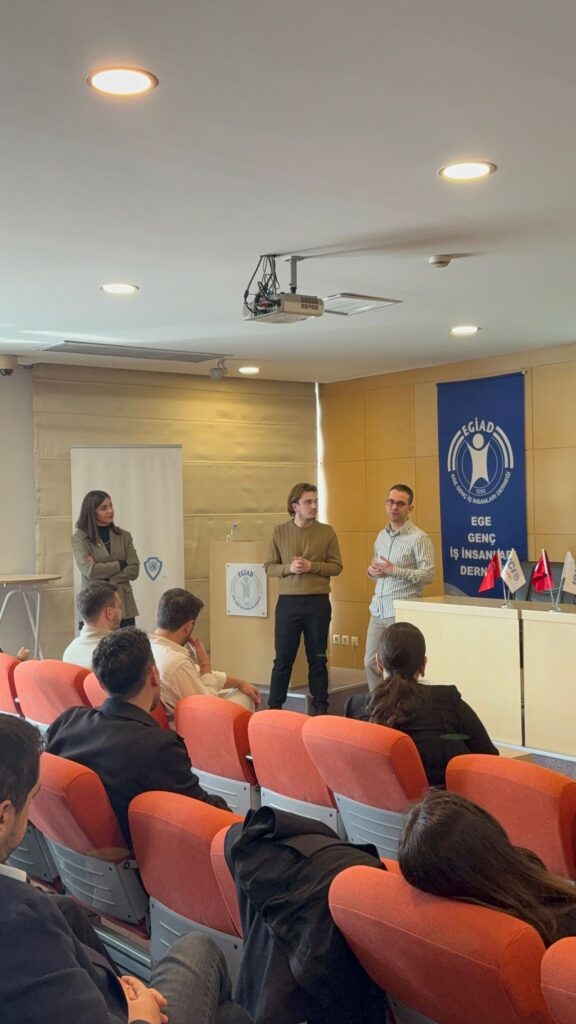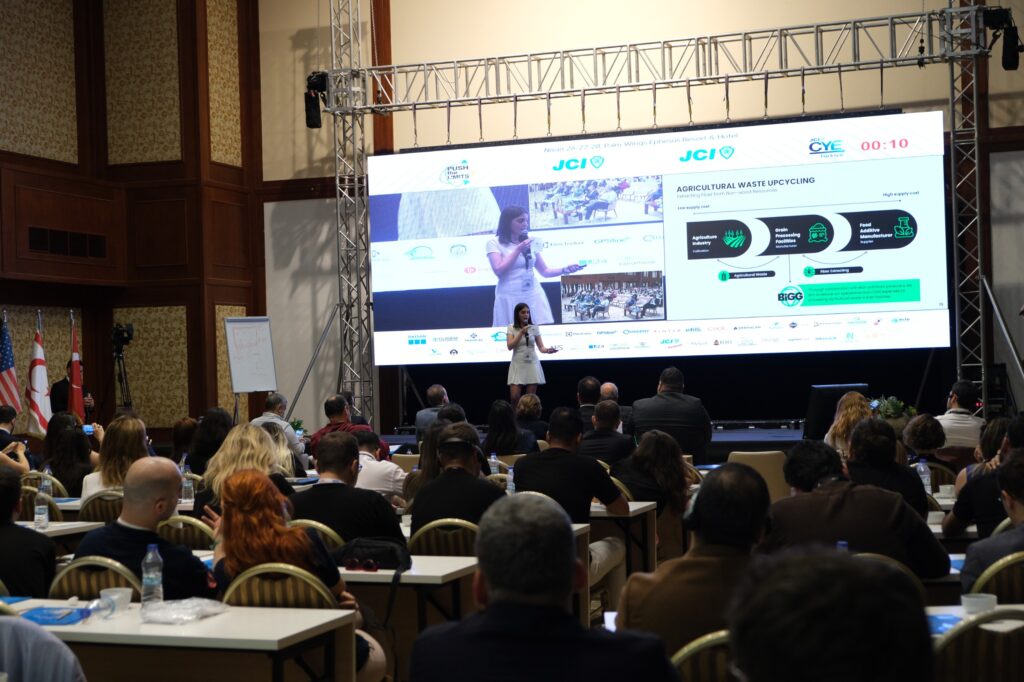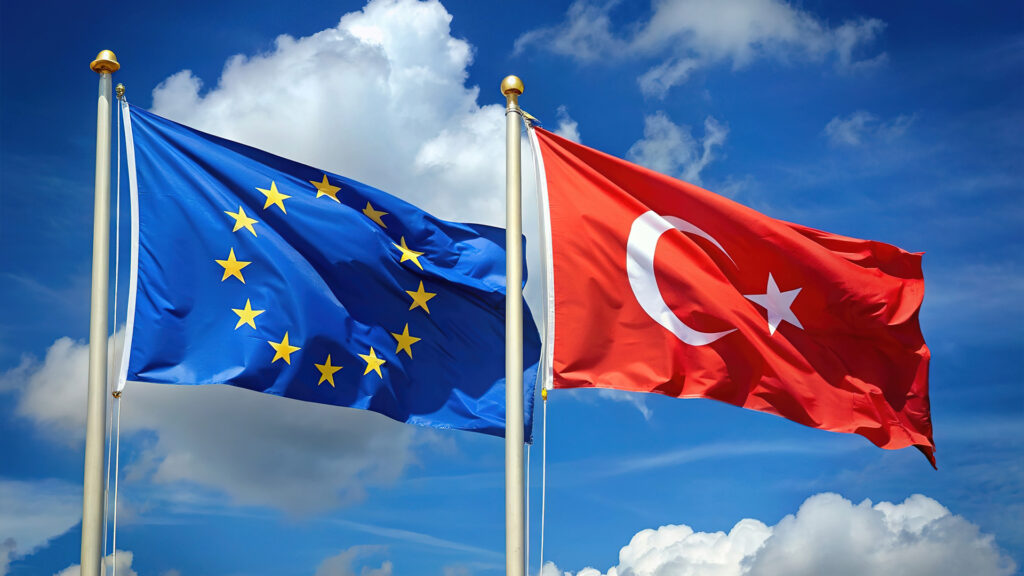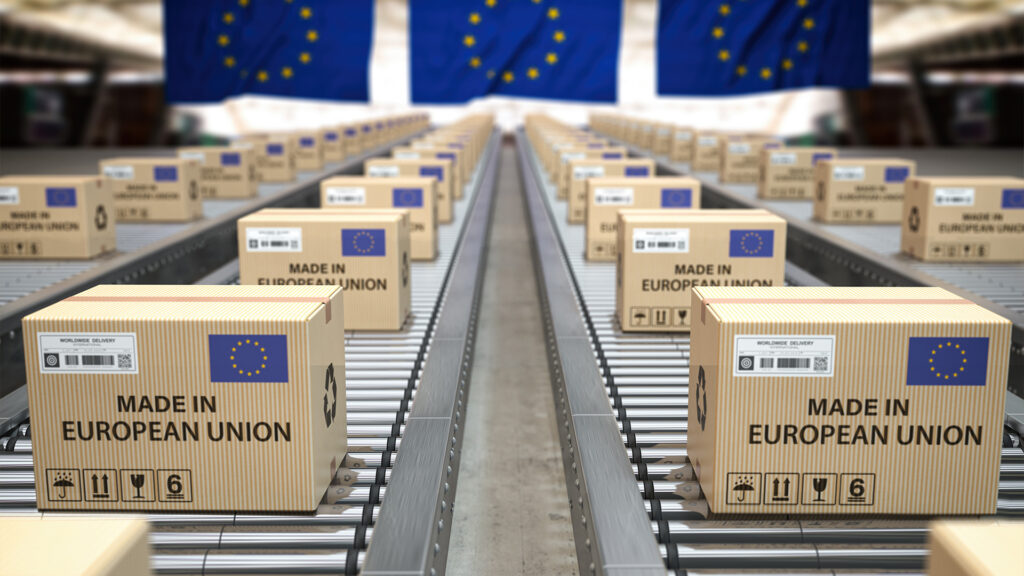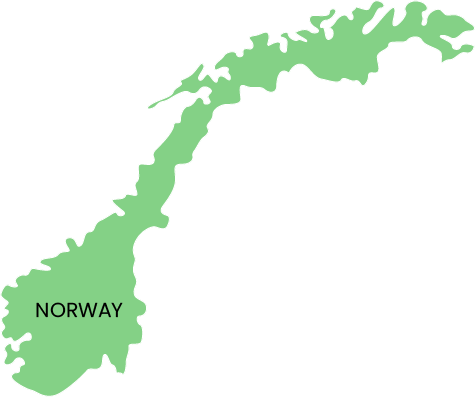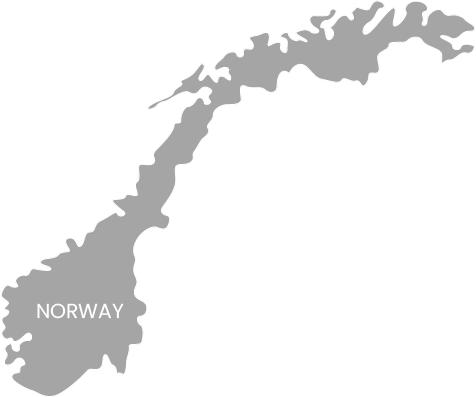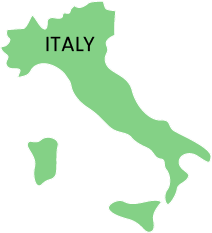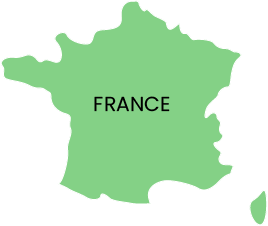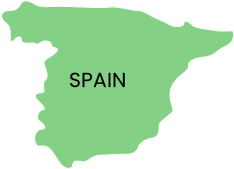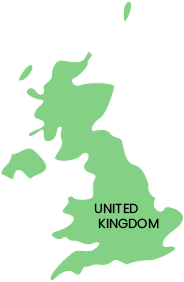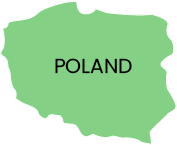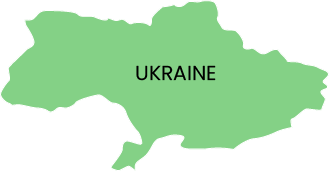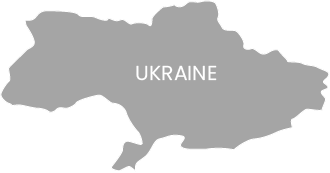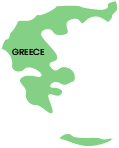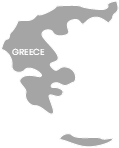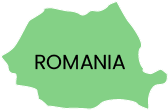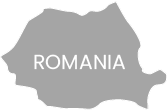
Sustainability-oriented regulations and carbon neutrality targets are reshaping the packaging industry. Sustainability is becoming a necessity, not a choice.
Legislative Looks Packing
and Packaging Waste
What Happening in the World
Grinove Materials Featured on Show Türk’s “Business Time”
Grinove Materials and Al-San Food | Meram Flour Announce Strategic Partnership
Grinove Materials Honored with Prestigious Climate Leaders Award
Grinove Materials Recognized as a Deep Tech Pioneer by Hello Tomorrow!
Grinove Materials Crowned World Champion at JCI Creative Young Entrepreneur 2024!
Grinove Materials Named Europe’s Most Creative Young Entrepreneur!
JCI CYE Türkiye 2024: Taking Our Startup to the European Stage
Grinove Wins the Green Startup Award!
Grinove at SahneXL: Showcasing Innovation and Growth
What is the Carbon Border Adjustment Mechanism (CBAM)?
The European Green Deal and its Impact on Turkey
Development of EU Law in the Packaging Sector
What is the Carbon Border Adjustment Mechanism (CBAM)?
The European Green Deal and its Impact on Turkey
Development of EU Law in the Packaging Sector
EU-Wide Regulations and Directives
Grinove Materials and our Sustainability Team are here to keep you informed about compostable packaging solutions, as well as to keep you up to date with innovations and updates in packaging regulations in Europe.
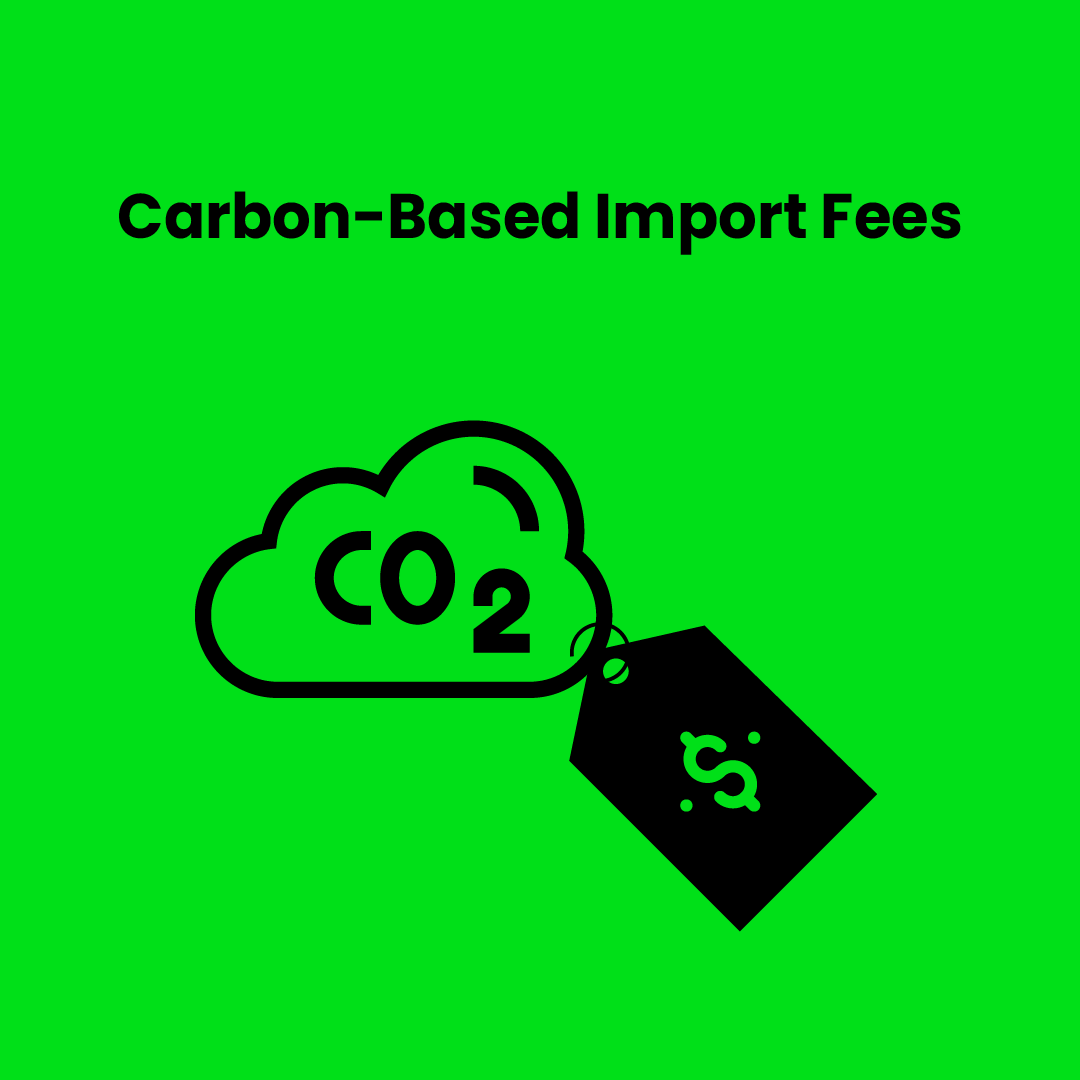
Carbon Border Adjustment Mechanism (Regulation 2023/956)
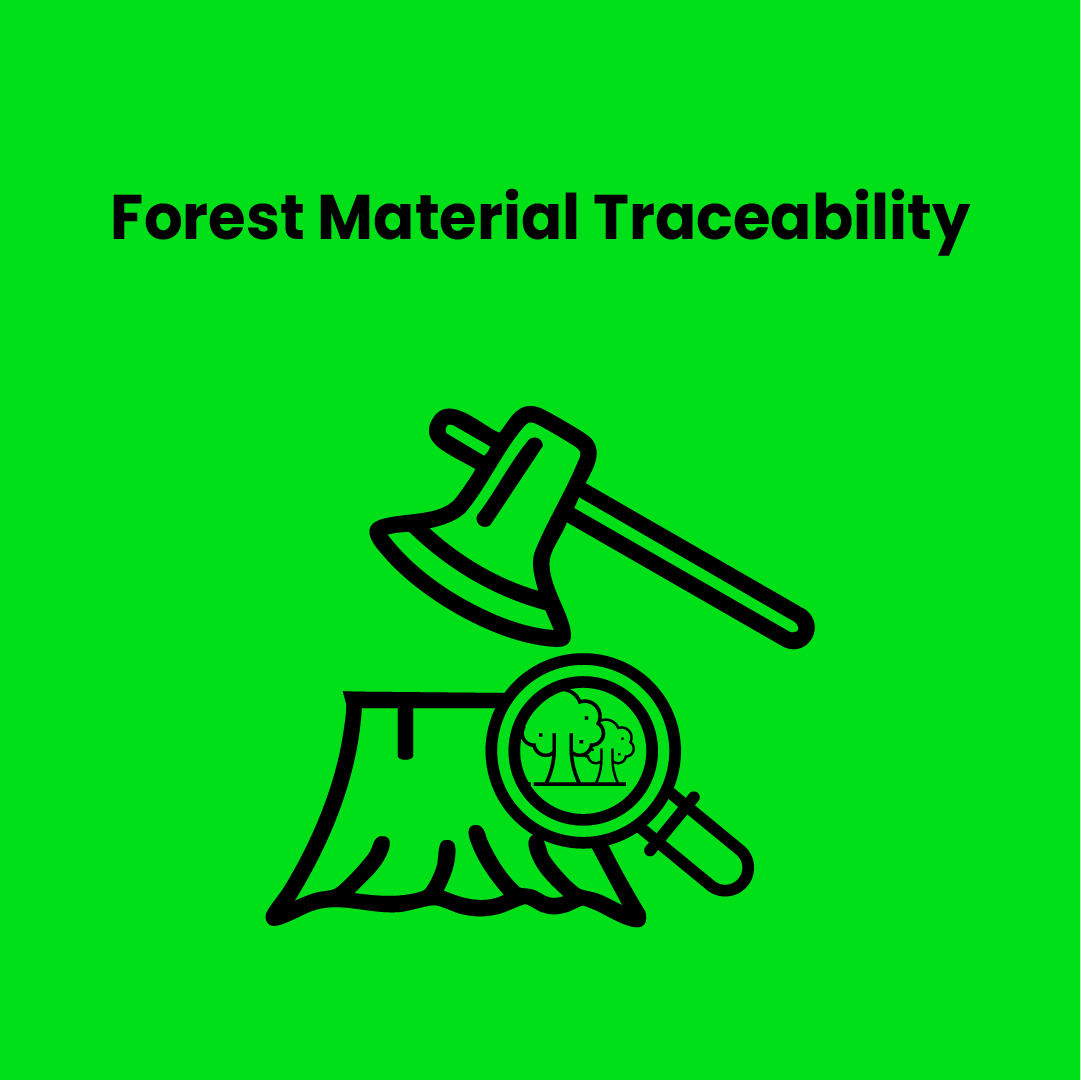
EU Deforestation-Free Regulation (EUDR - 2023/1115)

Packaging and Packaging Waste Directive (94/62/EC)
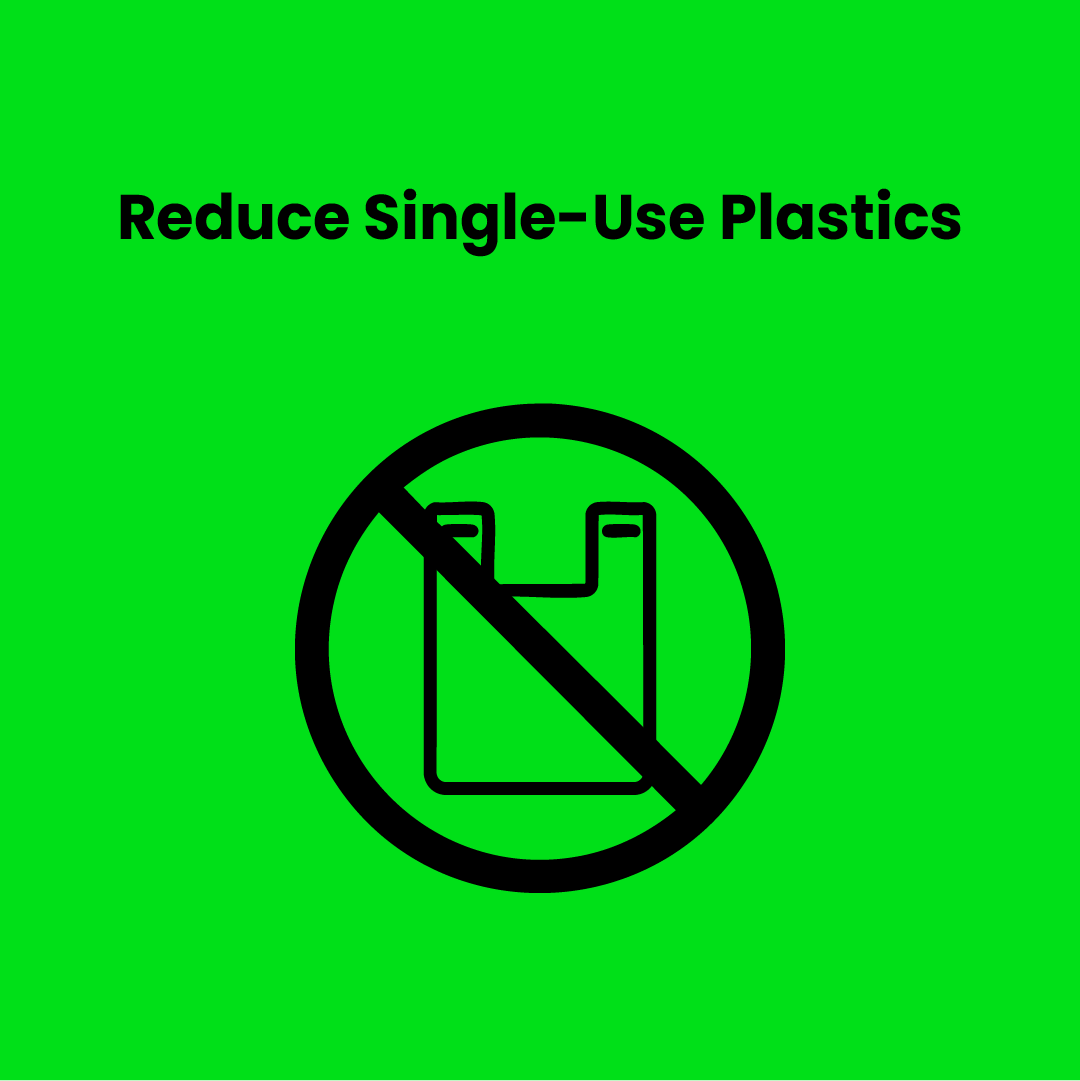
Single-Use Plastics Directive (EU 2019/904)
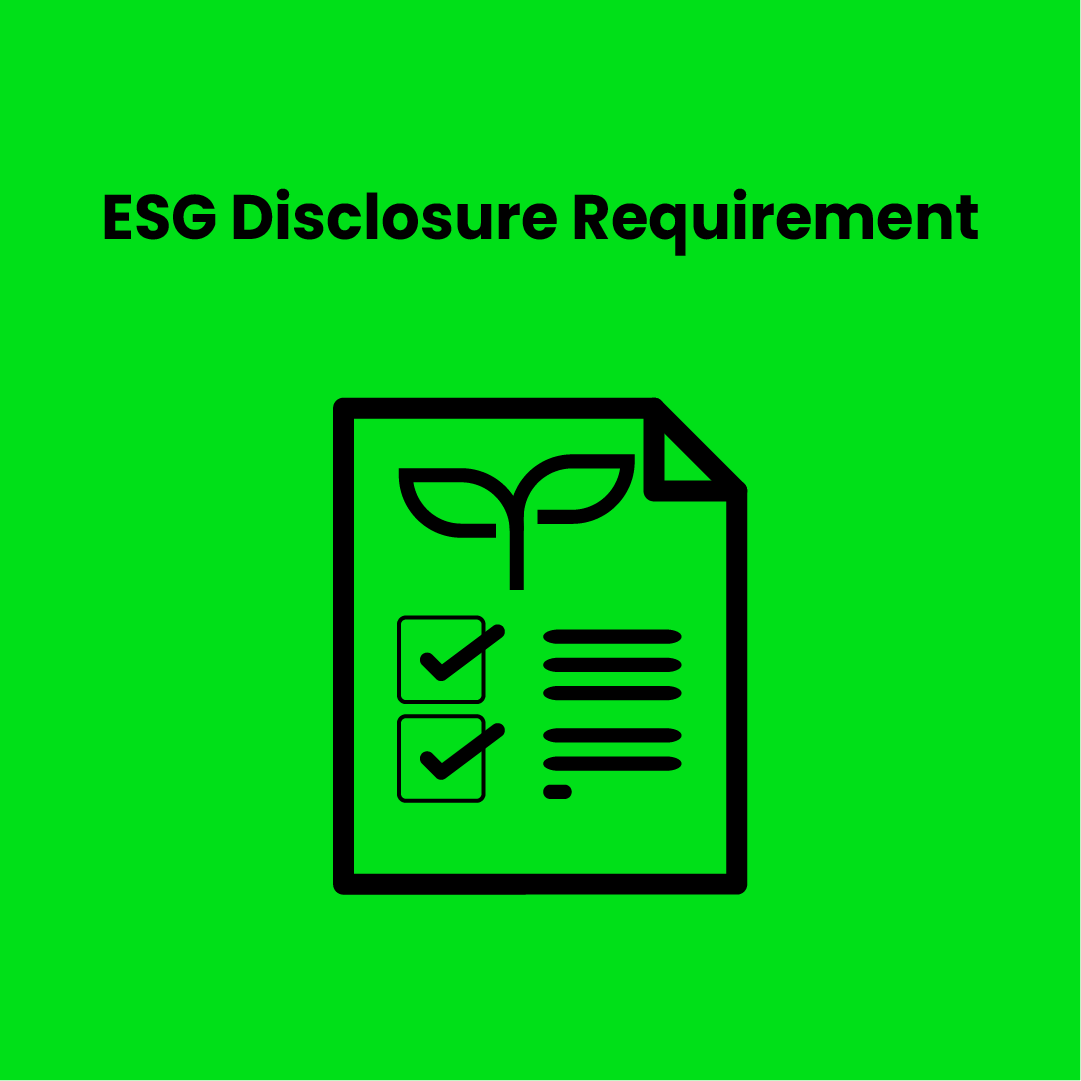
Corporate Sustainability Reporting Directive (EU 2022/2464)
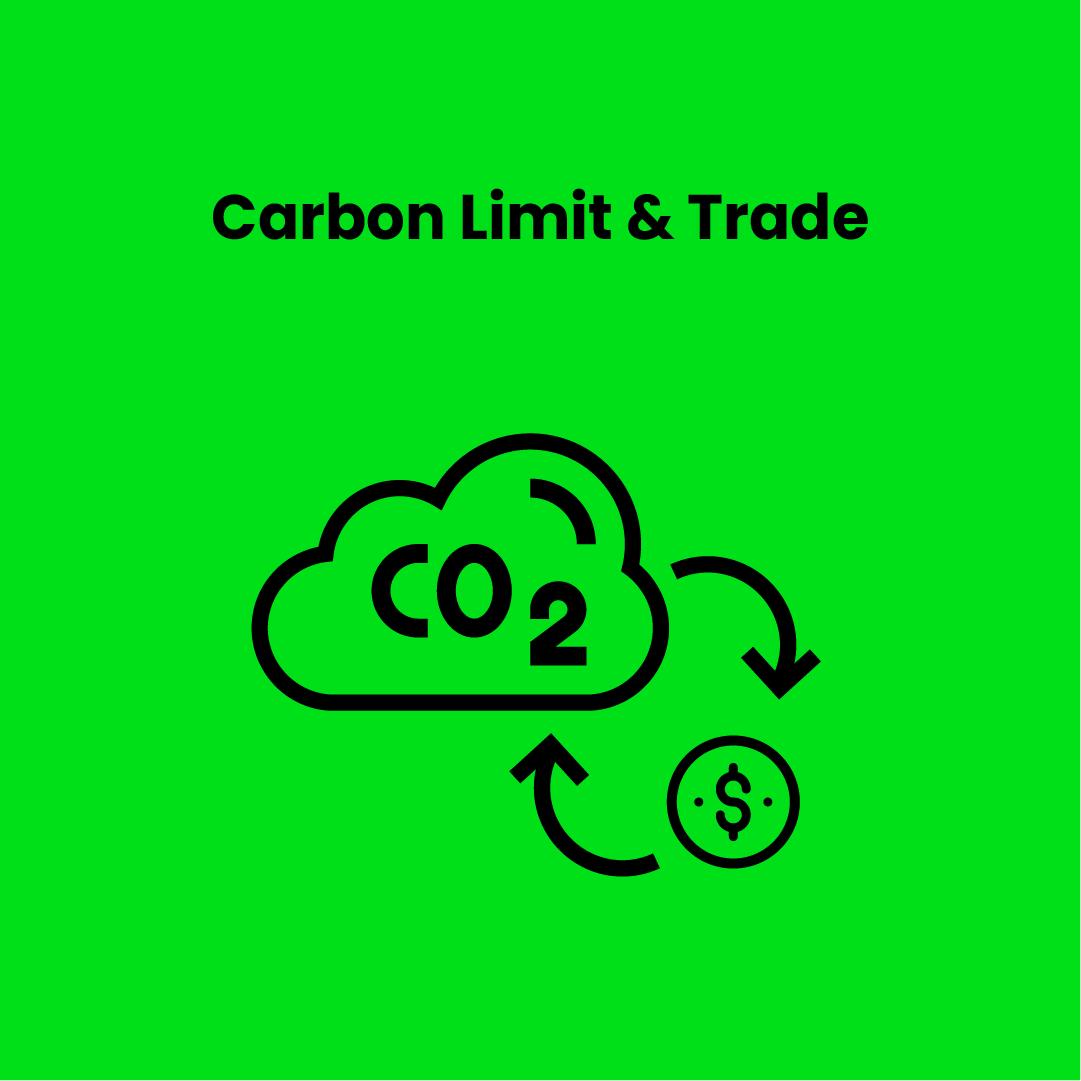
ETS - Emissions Trading System Directive (2003/87/EC)
How Grinove Materials Supports Sustainability Regulations
At Grinove Materials, we develop compostable packaging with low carbon emissions, eliminating the risk of additional costs for importers. Our supply chain prevents the risk of deforestation as our raw materials are based on agricultural byproducts. We contribute to waste management systems with our compostable packaging solutions that do not require recycling and are naturally decomposable. By reducing the use of plastic, we offer nature-friendly alternatives and support businesses in achieving their sustainability goals. Our paper-based biomaterials comply with environmental, social, and governance criteria. In addition, with our low-carbon production technology, we support businesses to reduce their carbon emissions and minimize their environmental impact.
Country-Specific Packaging Laws and Compliance with EU Directives

Germany : The Packaging Act (Verpackungsgesetz)

Germany : The Packaging Act (Verpackungsgesetz)
The law, which came into force in Germany on 1 January 2019, aims to minimize packaging waste and enhance recycling initiatives by requiring businesses to contribute to the proper management of packaging materials. Failure to comply with the Packaging Act can lead to significant penalties, including fines and market access restrictions for non-compliant products. It is therefore a legal requirement for companies operating in Germany.
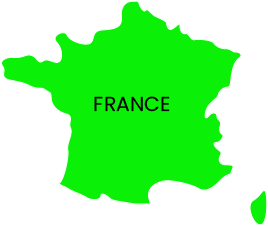
France : Anti-Waste Law for a Circular Economy (AGEC Law)

France : Anti-Waste Law for a Circular Economy (AGEC Law)
Enacted in 2020, focuses on reducing packaging waste, increasing recycling, and promoting sustainable practices. requiring businesses to manage the entire lifecycle of their products, from design to disposal, and contribute financially to recycling efforts. Strict penalties apply for non-compliance. France bans specific single-use plastics—such as straws, cutlery, plates, stirrers, expanded polystyrene food containers, and cotton buds—with the aim of recycling 100% of plastic packaging by 2025. (ülkelere gelecek metinler biraz daha uzun tutmalıyız, o yüzden world centrik deki gibi ülke metinlerini açıp gizlemeli yapabiliriz)
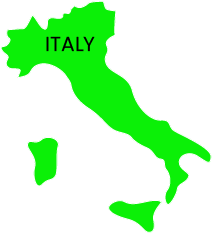
Italy : Italian National Packaging Consortium (CONAI)

Italy : Italian National Packaging Consortium (CONAI)
Italy implements EU directives like the Packaging and Packaging Waste Directive (94/62/EC) and the Single-Use Plastics Directive (EU 2019/904) through national laws aimed at reducing waste, promoting recycling, and transitioning to sustainable materials. The Extended Producer Responsibility (EPR) system plays a crucial role in Italy, requiring companies to manage the entire lifecycle of their packaging, ensuring that waste collection and recycling obligations are met.
Italy also enforces the EU’s Single-Use Plastics ban, prohibiting items like plastic cutlery, plates, straws, and expanded polystyrene containers to align with the EU’s circular economy goals. In 2021, Italy introduced measures supporting the transition to biodegradable and compostable alternatives, offering incentives to businesses that adopt eco-friendly packaging.
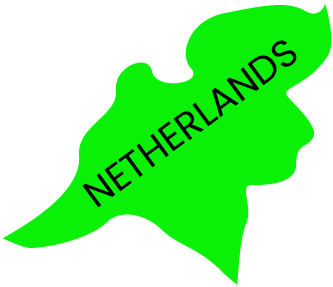
Netherlands : Dutch Packaging Waste Policy

Netherlands : Dutch Packaging Waste Policy
Focus on reducing plastic and packaging waste through national measures. Introduced on January 1, 2013, the policy enforces Extended Producer Responsibility (EPR), requiring producers and importers to register with the Afvalfonds Verpakkingen (Packaging Waste Fund) and pay recycling fees based on the volume of packaging. This ensures companies contribute to waste management and recycling programs.
In compliance with the Single-Use Plastics Directive, the Netherlands banned items like plastic cutlery, plates, straws, and polystyrene containers in July 2021, promoting reusable alternatives. Retailers also impose surcharges on disposable packaging to discourage waste.
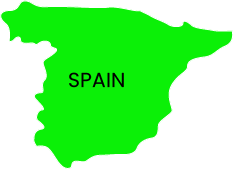
Spain : Spanish Waste Law (Law 22/2011)

Spain : Spanish Waste Law (Law 22/2011)
Establishes a comprehensive framework for managing waste in Spain, focusing on sustainability and aligning with EU directives. It mandates that producers accept Extended Producer Responsibility (EPR) for their products, meaning they must finance the collection and recycling of waste generated by their goods, particularly packaging. Key elements of the law include promoting separate waste collection, especially for bio-waste, to enhance recycling rates and reduce landfill usage.
In compliance with the Single-Use Plastics Directive, the Netherlands banned items like plastic cutlery, plates, straws, and polystyrene containers in July 2021, promoting reusable alternatives. Retailers also impose surcharges on disposable packaging to discourage waste.

United Kingdom : Environmental Protection Act 19907

United Kingdom : Environmental Protection Act 19907
Emphasizes the duty of care for waste producers, requiring them to ensure their waste is managed responsibly and safely.The UK has implemented a system of Extended Producer Responsibility (EPR), which places the onus on producers to manage the entire lifecycle of their products, especially in terms of packaging waste. These regulations align with broader EU directives, even post-Brexit.
The Packaging Waste Regulations 2007 further enhance these obligations by mandating that businesses register and contribute to the packaging recovery scheme, aiming to reduce landfill waste and increase recycling rates.

Sweden : Waste Ordinance (2011:927)

Sweden : Waste Ordinance (2011:927)
Establishes a comprehensive framework for waste management, implemented in 2011. This legislation emphasizes Extended Producer Responsibility (EPR), holding producers accountable for the entire lifecycle of their products, particularly in packaging and electronic waste. The Swedish Environmental Protection Agency oversees compliance, promoting recycling and sustainability through collaboration with businesses and municipalities.
The Packaging Waste Regulations 2007 further enhance these obligations by mandating that businesses register and contribute to the packaging recovery scheme, aiming to reduce landfill waste and increase recycling rates.

Finland : Act on the Waste Management of Packaging

Finland : Act on the Waste Management of Packaging
In Finland, the Waste Act (646/2011), effective since 2011, governs waste management, promoting sustainable practices and resource efficiency. This law emphasizes Extended Producer Responsibility (EPR), requiring producers to manage the lifecycle of their products, including packaging waste. The Finnish Environment Institute oversees compliance, encouraging the recycling and recovery of materials.
The Packaging Waste Regulations 2007 further enhance these obligations by mandating that businesses register and contribute to the packaging recovery scheme, aiming to reduce landfill waste and increase recycling rates.
